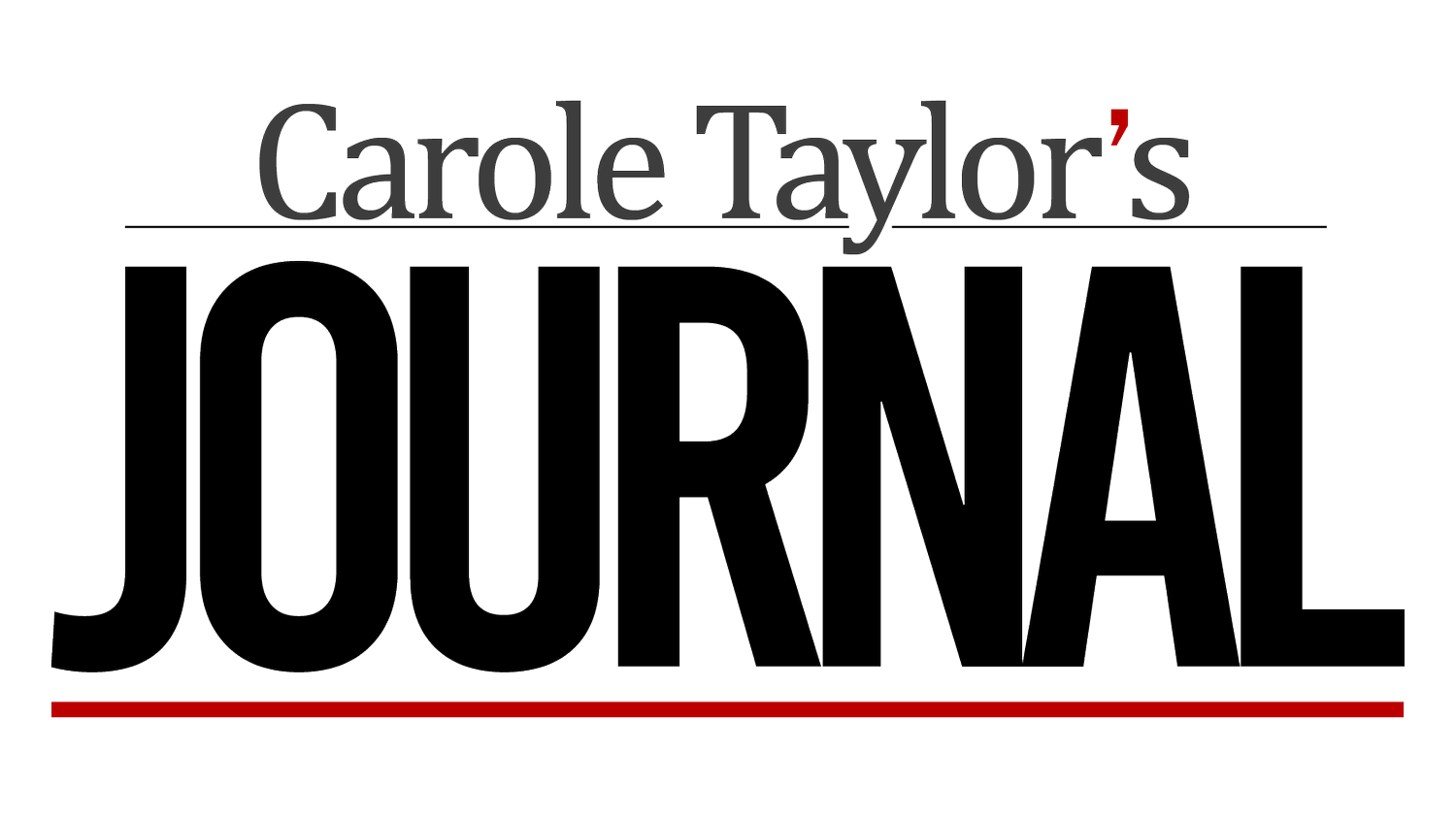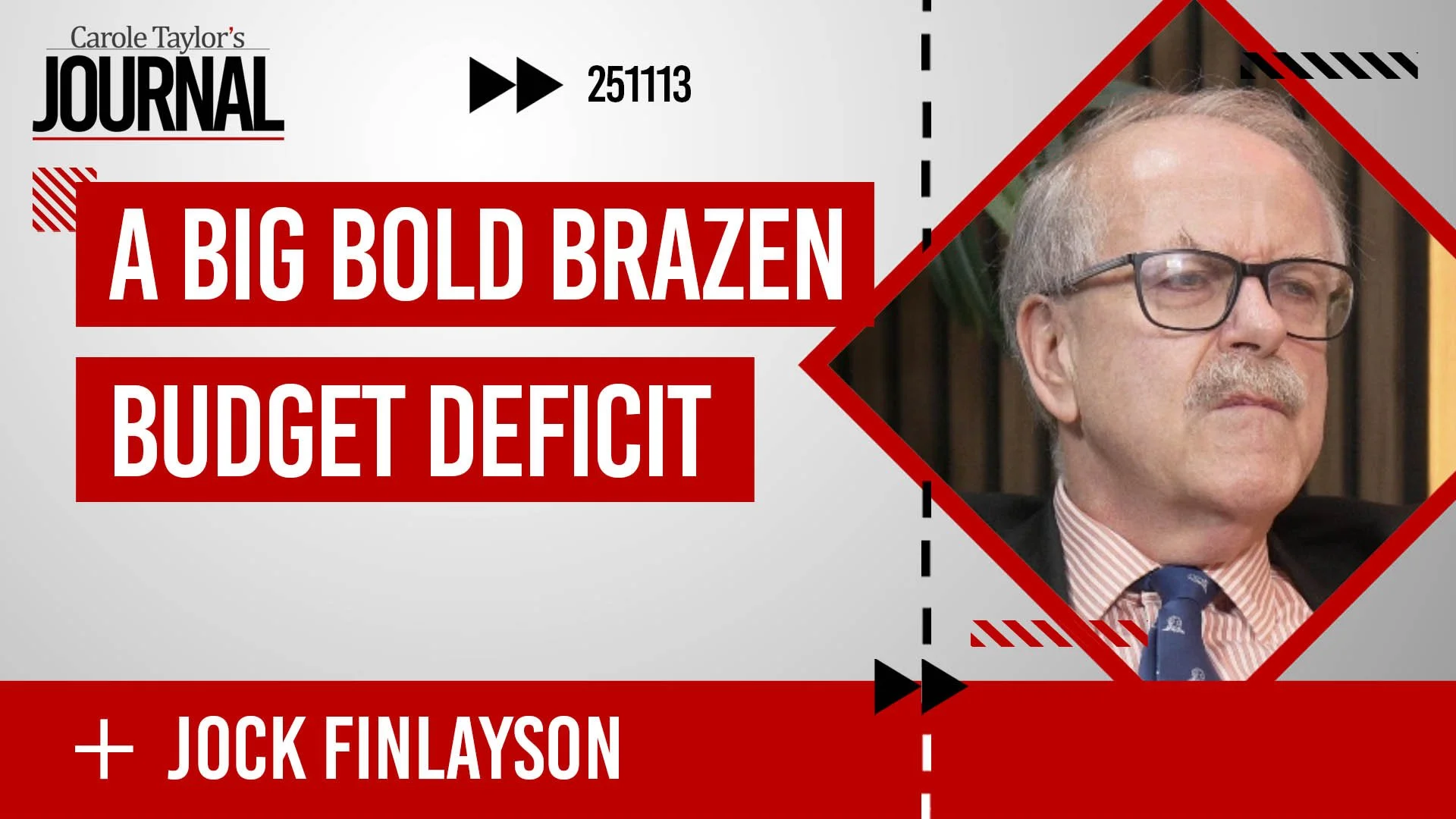Democracy at Risk
Guest: Stewart Prest, UBC Political Science
On this edition of Journal: in the midst of political turmoil on all fronts, we take a look at how democracy is holding up as a governance construct. Too often, the phrase thrown at political adversaries is that you or your party are a threat to democracy – overused, in my opinion.
As Paul Wells says in one of his thoughtful commentaries, “Democracy is supposed to be a conversation.” But what happens if one of the sides stops talking? For instance, by proroguing parliament because no business could be done while the prime minister refused the Speaker’s order for him to produce requested documents?
Or what happens when the Emergencies Act, a powerful last resort to maintain the security of our nation, is enacted over a messy, noisy truck convoy? The courts eventually found this action to be unreasonable, not justified, and violated the Charter right to freedom of expression.
Or when Bill 7 is written enabling the Premier of British Columbia to override regulations and rules without engaging the legislature, all in the name of Trump tariffs? Public outcry forced Premier Eby to remove the most egregious Clause 4.
What is going on?
We, as a community, as a country, trust in the idea of democracy. We trust our elected leaders to not take advantage of their power position, to not ignore the rights of legislatures or parliaments to be part of the discussion.
So are honking horns and threatening trade tariffs on the same level of national security? I think not.
Clearly, democracy takes vigilance and work. Dr. Stewart Prest, a lecturer in political science at UBC joins me to consider these trends.
Enjoy this episode via podcast or YouTube:




